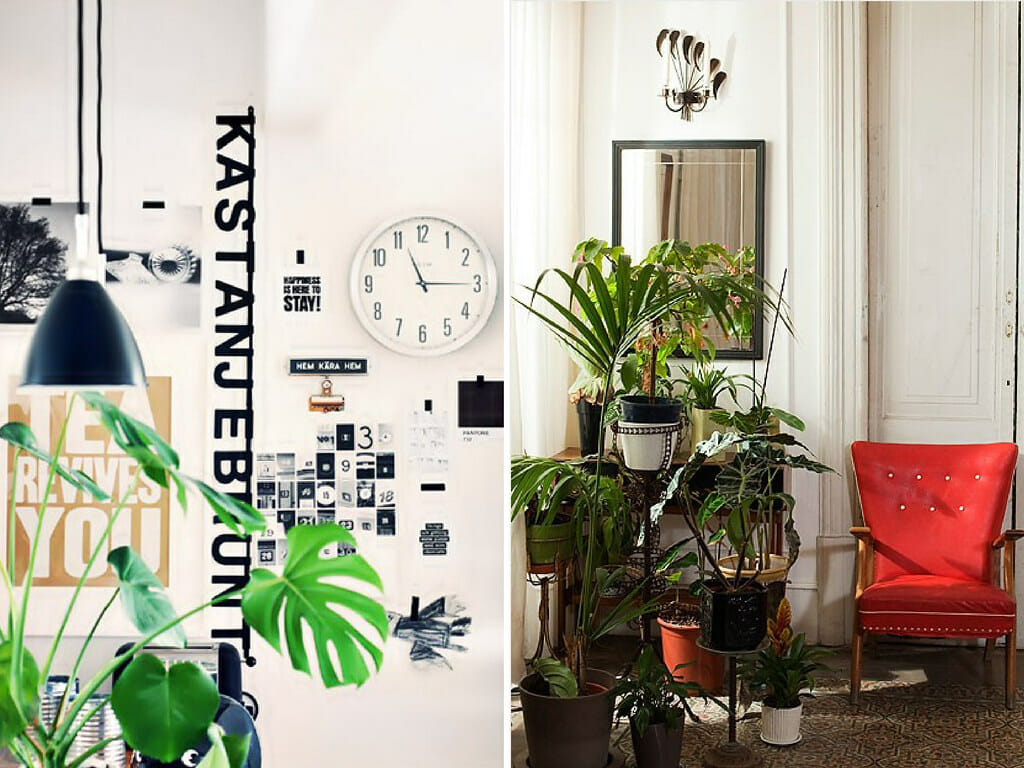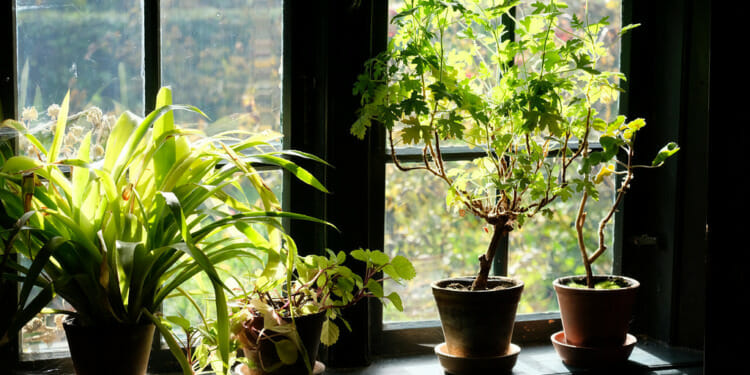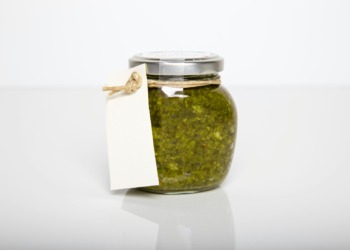If you live in a noisy and busy urban area, it’s not always possible to destress in nature. A recent study found that indoor air can have three to five times as many pollutants as outdoor air, which can lead to mild respiratory illnesses, headaches, and eye irritation. Creating indoor gardens and green areas is therefore a fun and easy solution with proven benefits to your health and happiness.
Taking care of living plants can teach us compassion and kindness and bring out the best in us. Plants don’t just clean the air in our homes and offices, preventing illnesses and pollution, they also make us more productive and creative. Importantly, interaction with plants can reduce stress, which most of us experience daily. Here are just some of the ways plants affect our health and mental wellbeing.
Physical health
Having indoor plants at home or in the office lowers our risk of experiencing a host of illnesses including headaches, eye irritation, fatigue, and the flu. In an article by The Conversation, environmental health expert Danica Lea Larcombe said that plants have a positive effect on the brain activity, muscle tension, and heart activity. Potted plants also have an impact on blood pressure, general fitness, and can help patients recovering from traumatic injuries.
Blood pressure: Indoor plants reduce stress levels and lower blood pressure. Researchers found that people have significantly lower diastolic blood pressure after doing gardening activities.
Fitness: Indoor gardening also has effects on overall fitness. Gardening involved physical activities such digging, mowing, raking, and moving pots – all forms of exercise that burn calories. Working in the garden also improves hand strength, and restores dexterity and strength, especially for the elderly.
Faster recovery: Studies have proven that plants can accelerate the healing process of patients recovering from traumatic injuries. Kansas State University discovered that indoor plants play a key role in “noninvasive, inexpensive, and effective complementary medicine” for patients after surgery. Another researcher, Professor Roger Ulrich from Texas A&M University, discussed in his research paper how well-designed gardens in hospitals can reduce stress levels of patients and help them recover faster.
Improved sleep: Plants enrich a room with oxygen, which drastically improves the quality of our sleep. The essential oil from lavender reduces stress and anxiety, while placing Aloe Vera, Mother-in-Law’s Tongue and Spider plants in the bedroom remove impurities from the air. For more examples of air-purifying plants, check out this article.

Mental health
Indoor gardening improves not only physical health, but mental health too. Psychologists recommend green gardening therapy for people dealing with depression and anxiety, as plants have a therapeutic effect on patients. A research paper found that any interaction with nature may have a relaxing effect on people’s mental health, reducing psychological stress by suppressing nervous system activity.
There’s a reason behind why the smell of cut grass is soothing to many. According to a study, microbes in soil activate groups of neurons in our brain which are responsible for producing serotonin, the happiness hormone. Therefore, working closely with soil and smelling earth actually boosts our moods and reduces anxiety.
Emotional intelligence: Through caring for plants and learning to be attentive to them, indoor gardening increases our levels of empathy and compassion. It is therefore a great educational activity for children, helping to teach them kindness, responsibility, and respect for living things.
Memory and concentration: Different researchers have studied how plants influence memory and concentration. Results showed that people who are surrounded by plants have a better memory performance and a higher attention span by 23%.
Productivity and creativity: Apart from boosted memory and concentration, plants have a significant impact on productivity. Researchers from Exeter University found that indoor plants at work boost worker’s productivity by 38% and increase creativity by 45%. Researchers from Texas A&M University found that potted plants and flowers at the workspace improve idea generation and problem-solving. To achieve a healthy work environment, working spaces should therefore be well-designed and include plants to boost performance.
Indoor gardening has many benefits. It improves our physical and mental health and is a great solution for those living in urban areas but who crave the peace and tranquility of nature.
Editor’s Note: The opinions expressed here by Impakter.com columnists are their own, not those of Impakter.com. — In the Featured Photo: Indoor plants on a window ledge. Featured Photo Credit: Cristian Ungureanu









